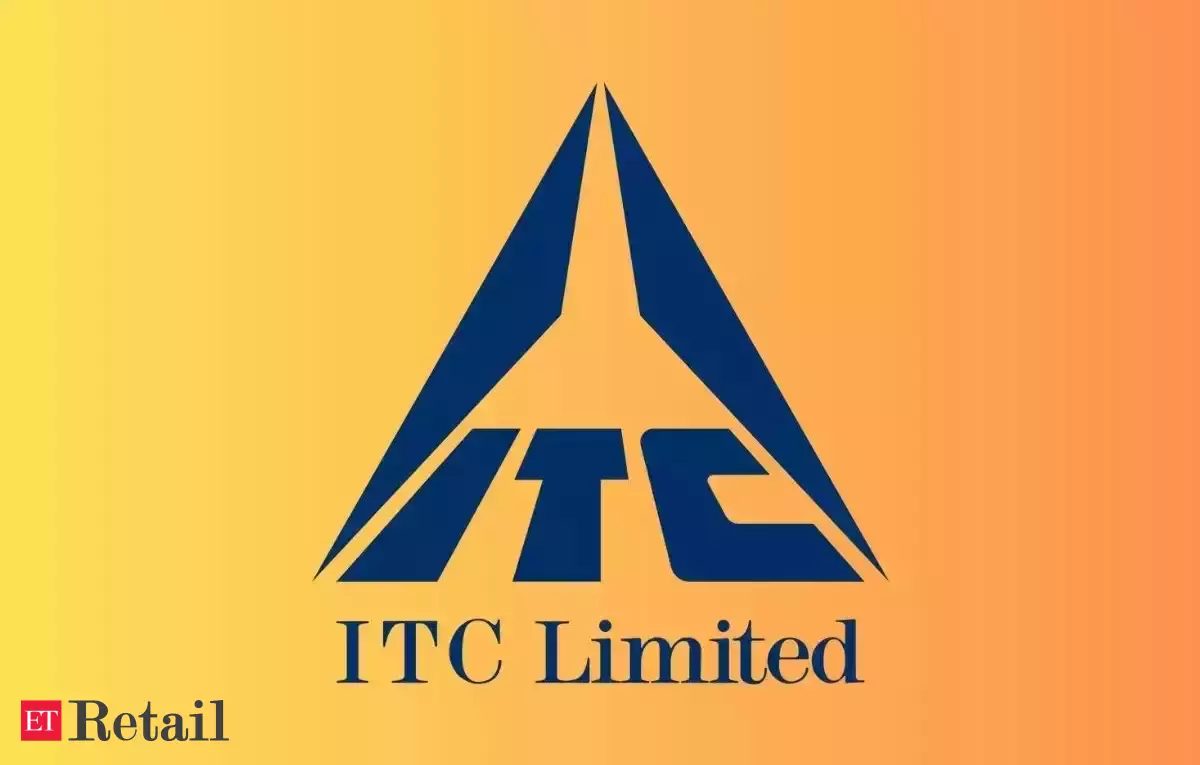January 1, 2024
New Delhi, India
Bank Nifty Expiry Day Change Soon
In a significant move, the National Stock Exchange (NSE) has revealed alterations to the expiry day of Bank Nifty Monthly and Quarterly Contract Cycles. Effective from March 1, 2024, this change aims to impact both monthly and quarterly contracts, shifting the expiry day from the traditional last Thursday of the expiry month to the last Wednesday.
Implementation and Exceptions:
The adjustments are set to come into effect from the trade date of March 1, 2024, a Friday. However, if Wednesday coincides with a trading holiday, the expiry day will shift to the previous trading day. Notably, there will be no modifications to the expiry dates of existing monthly contracts for January and February 2024.
Weekly Contracts Remain Unchanged:
While the monthly and quarterly contracts experience a shift, the expiry day for weekly contracts will persist on Wednesdays, with similar provisions for trading holidays.
Impact on Existing Contracts:
All existing contracts available for trading on March 1, 2024, will undergo a preponement from the end of the day on February 29, 2024.
Also Read: Indian Stock Market Wrap: Sensex and Nifty Decline, Waaree Energies Eyes $361 Million IPO
Revision of Quarterly Contract Expiry Dates:
Quarterly contracts will witness a shift in their expiry dates. The contracts for Quarter-1, originally expiring on June 27, 2024, will now have a revised quarterly expiry of June 26, 2024. Similarly, Quarter-2 and Quarter-3 contracts will see adjusted expiry dates in September and December 2024, respectively.
Communication from NSE:
This transformative change was communicated through the NSE Circular Reference Number: 197/2023, dated December 28, 2023.
Conclusion:
Traders and investors in Bank Nifty contracts should take note of these alterations and make necessary adjustments to their trading strategies. The move by NSE reflects an effort to streamline contract cycles and adapt to evolving market practices.
Also Read: India’s Direct Tax Collections Set to Triple Under Modi’s 10-Year Rule
Disclaimer:
CurrencyVeda provides this news article for informational purposes only. We do not offer investment advice or recommendations. Before making any investment decisions, please conduct thorough research, consult with financial experts, and carefully consider your financial situation, risk tolerance, and investment goals. Investing in the stock market carries risks, and it’s essential to make informed choices based on your individual circumstances. CurrencyVeda is not liable for any actions taken based on the information provided in this article.




